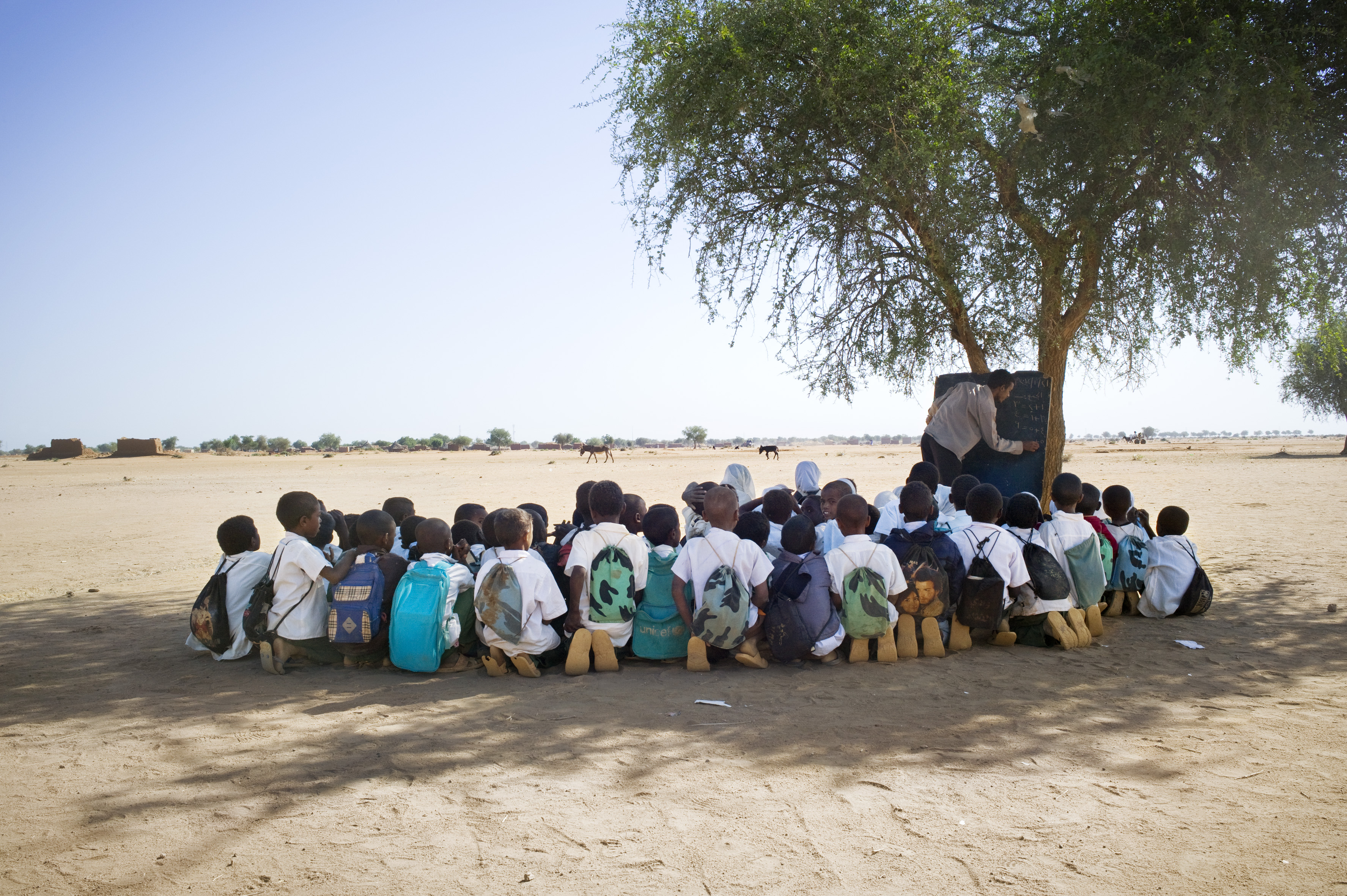
Policies
COMMUNITY ACTION FOR OOSC IN ZAMBIA
Context and Issue
Situated in southern Africa and bordered by eight other African nations, Zambia has been a signatory to the Convention on the Rights of the Child since 1990, recognizing education as a fundamental human right crucial for development. However, the Zambian government struggles to meet the educational needs of many school-aged children. A 2014 UNICEF report revealed that approximately 500,000 children in Zambia were out of school, with half of them belonging to the primary school age group (7-13 years). Various barriers hinder access to primary education, including long distances to schools, especially in rural areas, poverty, early or forced marriages, gender discrimination, and inadequate school infrastructure, particularly for children with special needs. Rural areas face significantly higher rates of out-of-school children compared to urban areas.
Solution
The Community Action for Out of School Children (CAOOSC) project, led by Zambia Open Community Schools (ZOCS), aims to reach 175,000 out-of-school children in 29 districts across Zambia over five years. Aligned with the government's National Implementation Framework and Vision 2030, the project builds on a successful model endorsed by the Ministry of General Education (MOGE) and implemented by ZOCS for over two decades. It targets children who lack access to education or have dropped out, focusing on increasing access to primary education in rural areas, stimulating access for dropouts in communities with existing community schools, and facilitating the retention of enrolled out-of-school children.
Impact
ZOCS exceeded its out-of-school children enrollment target by enrolling 175,029 children, surpassing expectations. The project reported a survival rate of 87%, achieving 80% of the target. While ZOCS achieved or exceeded several project targets, such as providing teaching materials, sensitizing community members, and training volunteers and teachers, it fell short in some areas, including constructing teacher housing, completing primary education for enrolled children, and reintegrating pregnant girls into schools after dropout.
Analysis
Despite these challenges, the implementing organization remained committed to sustainability through alignment with government priorities and policies, capacity building, and income-generating activities. Continuous attention and follow-up are essential to address delays and discrepancies in project reporting and ensure successful outcomes.












